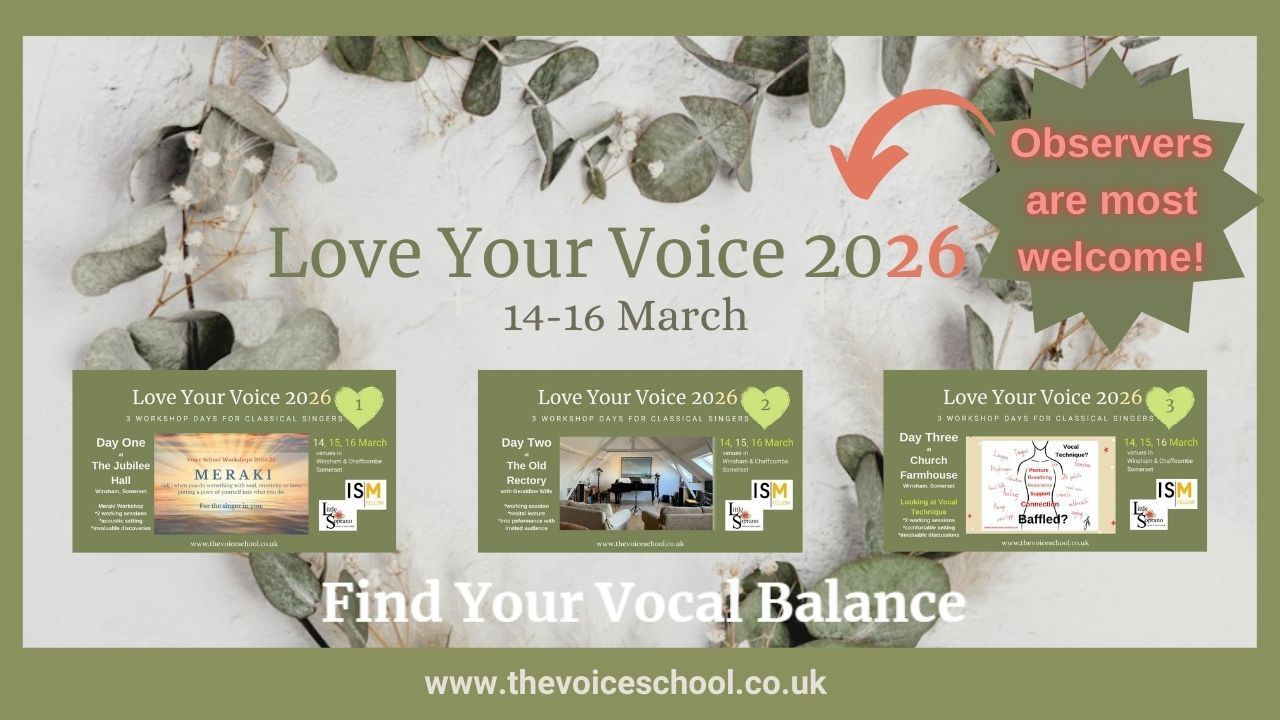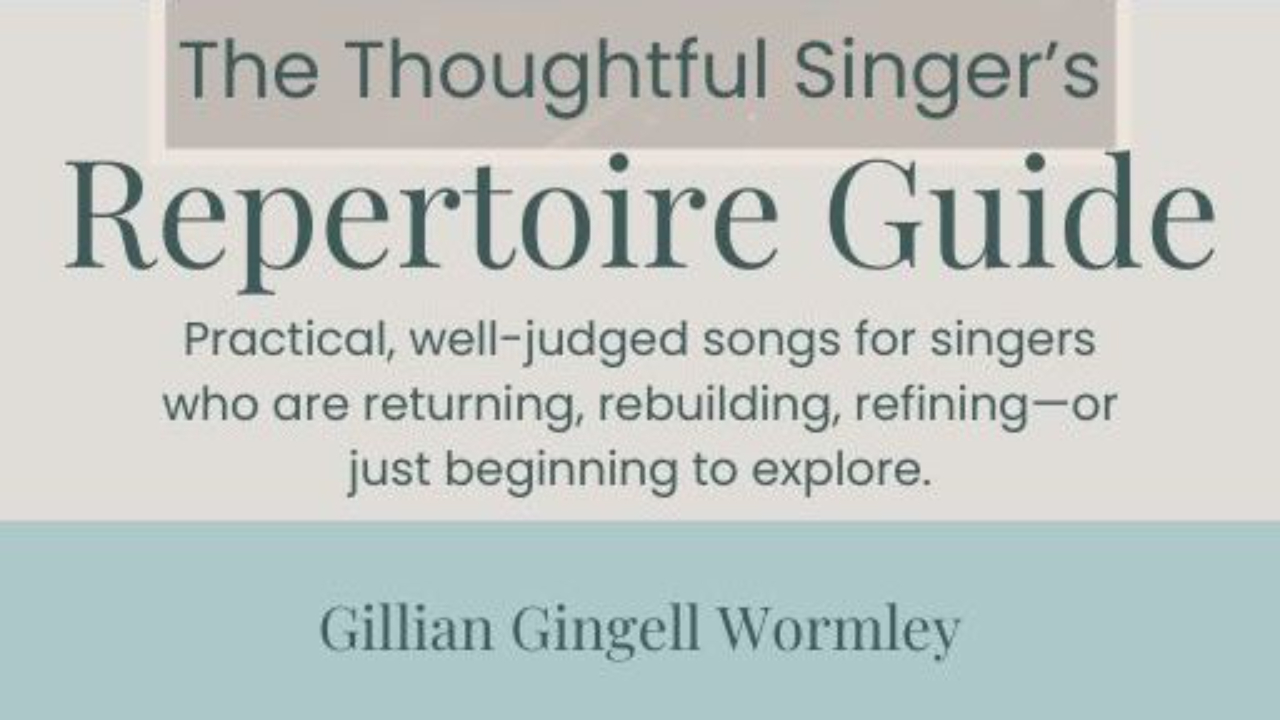Singers: 6 playlists to help improve your vocal skills

Did you know?
What if I told you that there are only a few very basic vocal ‘tools’ that you need to know about which will serve you well in every singing situation? Would you believe me? A good vocal sound is nearly always reliant on a firm grasp and knowledge of the basics. Simply explained in my free PDF companion guide to this article: Need Help with Singing Basics.
A simple fact
Getting to grips with or making improvements to your singing and the methods to achieve progress are all far easier and more accessible than you think.
Consider this: we all have a speaking voice and we utilise our vocal folds every single day, so you’re actually already familiar with how powering your voice from the inside out feels.
Learning to use your singing voice is just an extension of that same vocal process, using the same equipment.
The best way to ease your voice along healthily is to maintain a consistent gentle warm-up routine, covering the basic and essential vocal technique tools like...
Vocal basics every beginner classical singer should know.
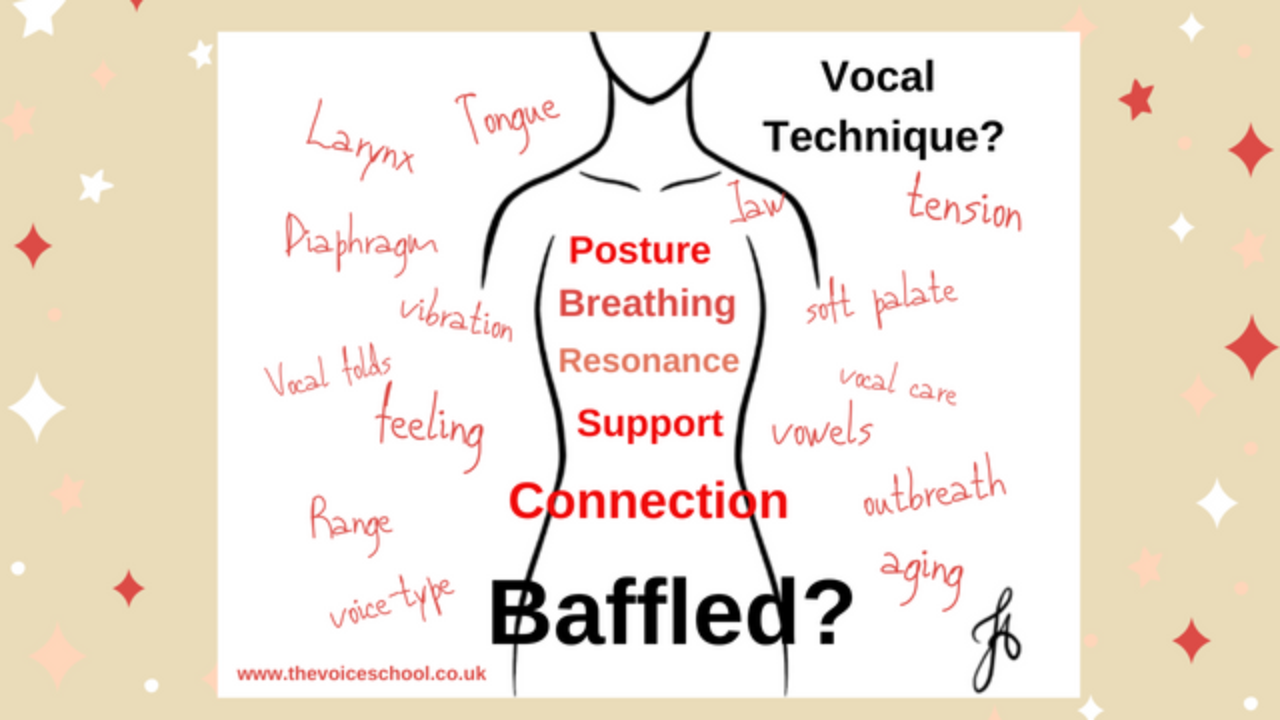
In 2020, I bought a new and interesting book, the delights of which I hardly had time to delve into amid all the extra online Virtual Studio classes and other activities, created by COVID-19 and the human desire for people, singers, to seek to connect.
The book had been sitting on my desk in the study since mid-June that year. Seeing it still there one day, I thought to remind myself why I bought it in the first place. Glancing at the back cover told me everything I needed to know.
"Somatic learning ... through the practice of these methods, a person can become more sensitive to the quality of his or her movement and more integrated in their co-ordination."
Ah - of course! It had to do with POSTURE and more importantly the habits (good and bad) which underpin everything we try to achieve as singers. Vocal Technique-wise, posture is the first of the 3 essential pillars that I talk about in my YouTube technique tutorials, particularly the Vocal Warm-ups.
(The book has a lovel...
Singers: How should we practice?
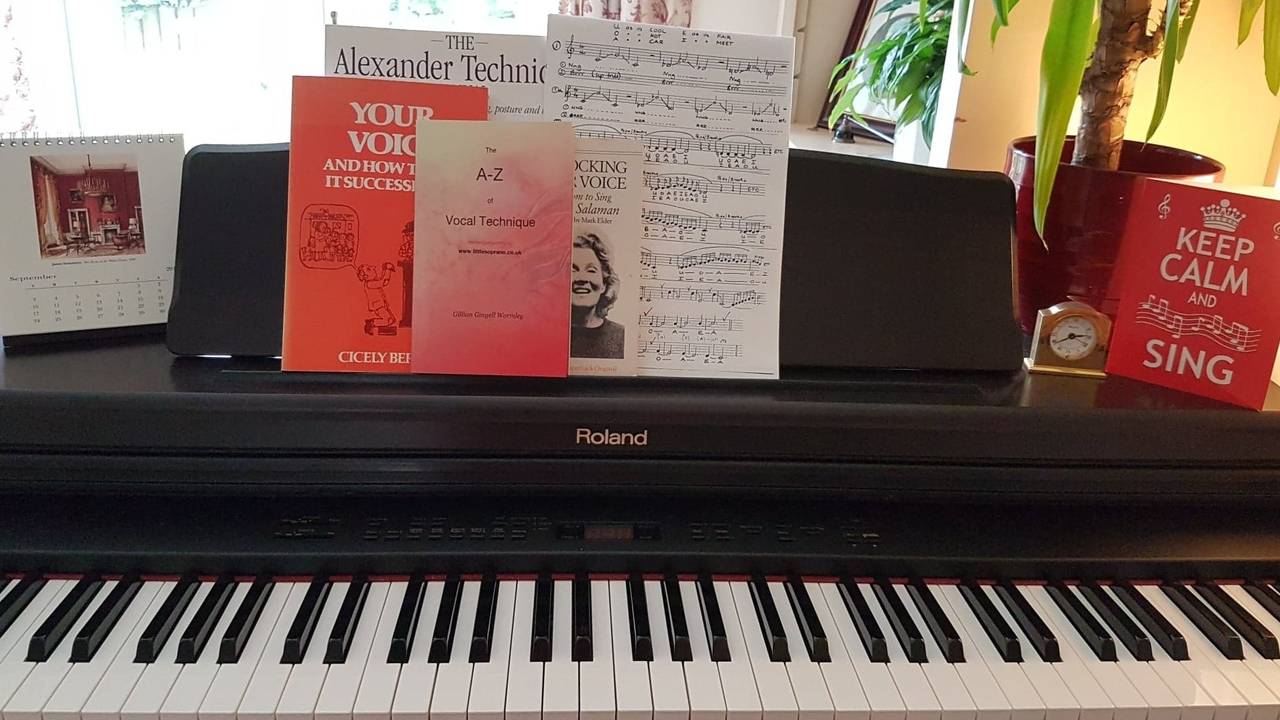
In other words: practice certainly, but focus. So, just how should you practice singing?
Let me first tell you about this. It's worth thinking about, especially when it comes to muscle memory. Some years ago, I came across an excellent post in a roundabout way as you do, pulled in by its title:
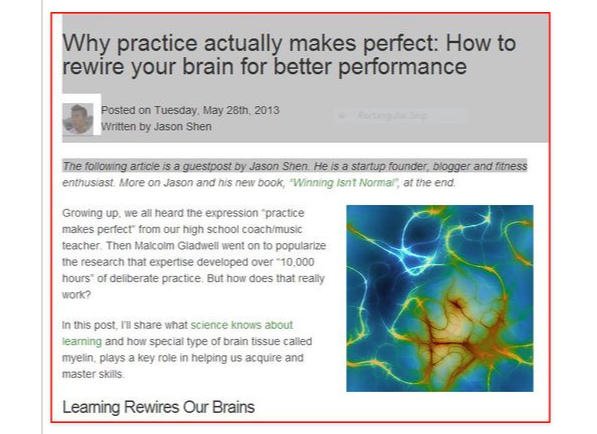
You can see why can’t you? Learning rewires our brains. I was thinking of singing/performance. So I clicked the link to have a good read. (Tip - It's still a good read, even now.)
Funny how these things can pull together fragments of your life, personal and professional. I started thinking about my little daughter, Alice and the problems she had had with Leukodystrophy. But that's another story.
Soon I was deeply engrossed in fully understanding the important role myelination plays in our gradual acquisition of skills, thanks to Jason Shen’s clear explanations and diagrams.
But then, another pathway of understanding opened.
As a vocal teacher, I always advocate embracing new learn
...4 TOP in-rehearsal vocal care tips for singers

Back to rehearsals soon? Voice feeling a bit rusty?
Here's a little extra guidance beyond the tips I shared in the video above:
Tip #5: Your vocal folds (or cords) are the only pair you'll ever have. You can't go and choose new ones when the old ones start to wear out.

Imagine those little vocal folds, pristine and perfect at birth. Functioning with ease and as usual in babies and young children, with the best and most perfect vocal connection, there can be. What causes things to go wrong when all was perfect at the onset?
True vocal folds are no bigger than your little fingernail. They deserve careful use if they are to serve us well all our lives. Sometimes things go wrong, usually as a result of a poorly mixed cocktail of factors.
For example, if we think of gaining greater volume when we sing, there’s a psychological trigger that suggests to us that we must push more air to make it happen. But a greater volume achieved by pushing more air simply puts more stress on tho...


